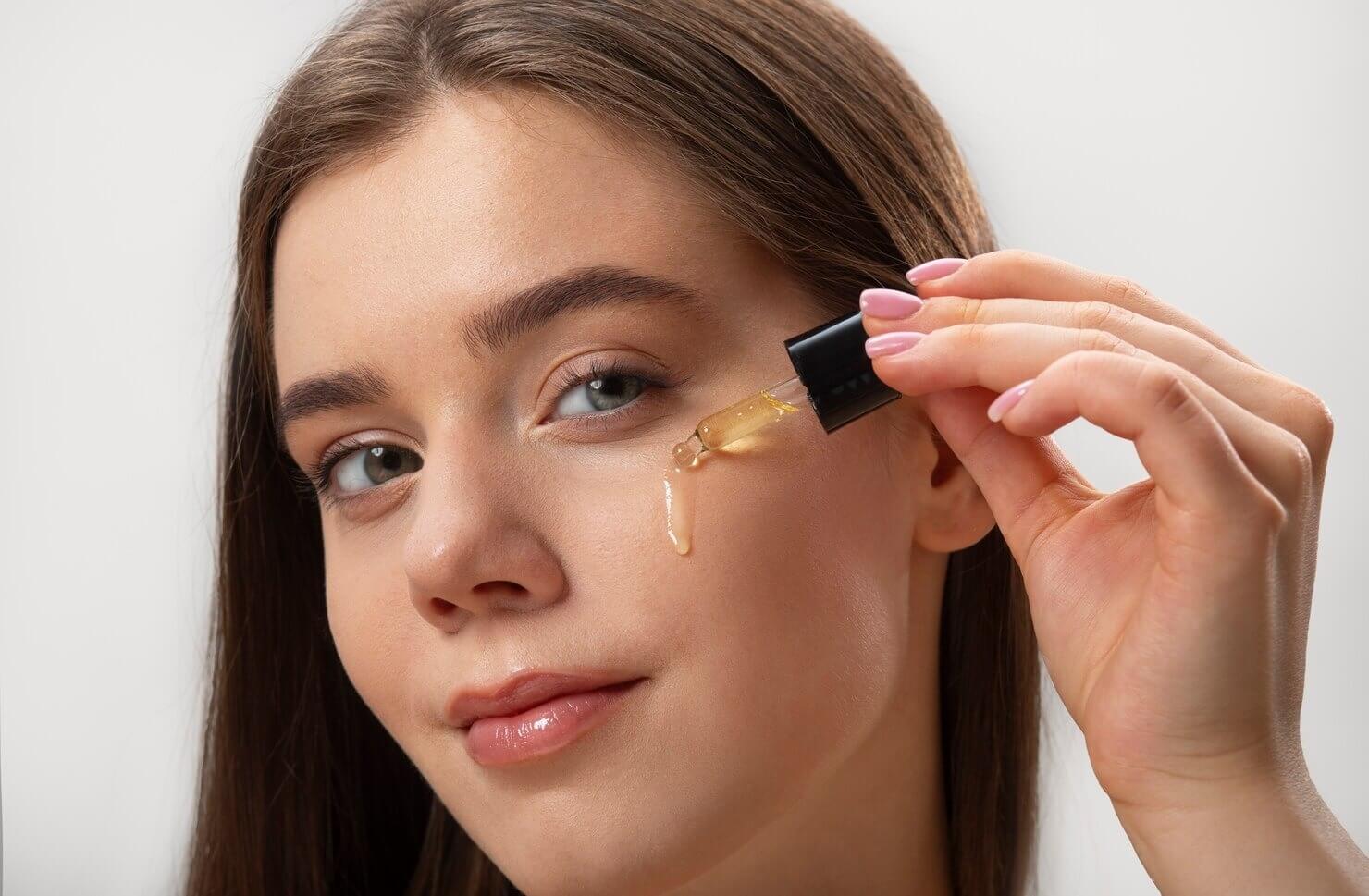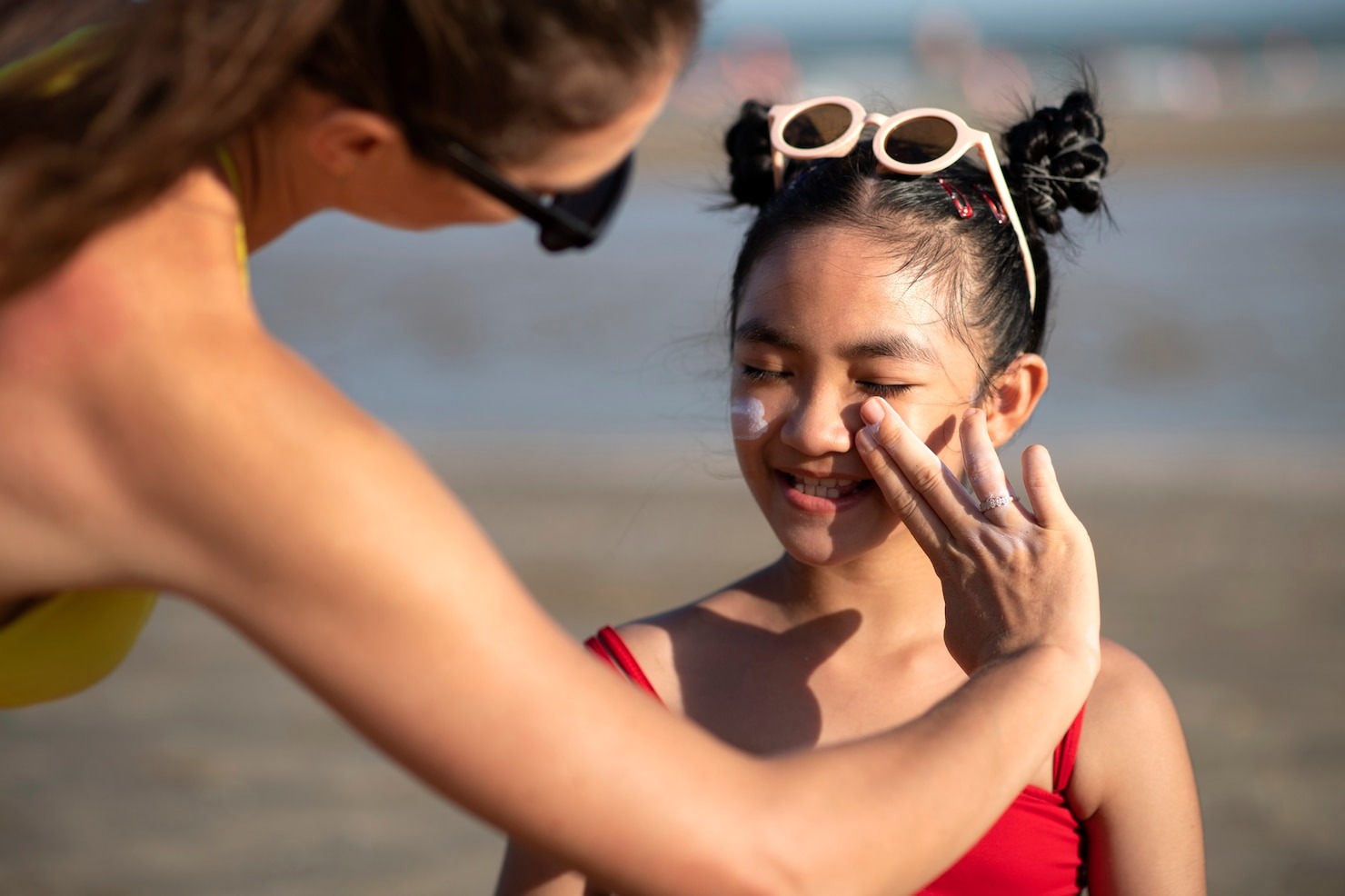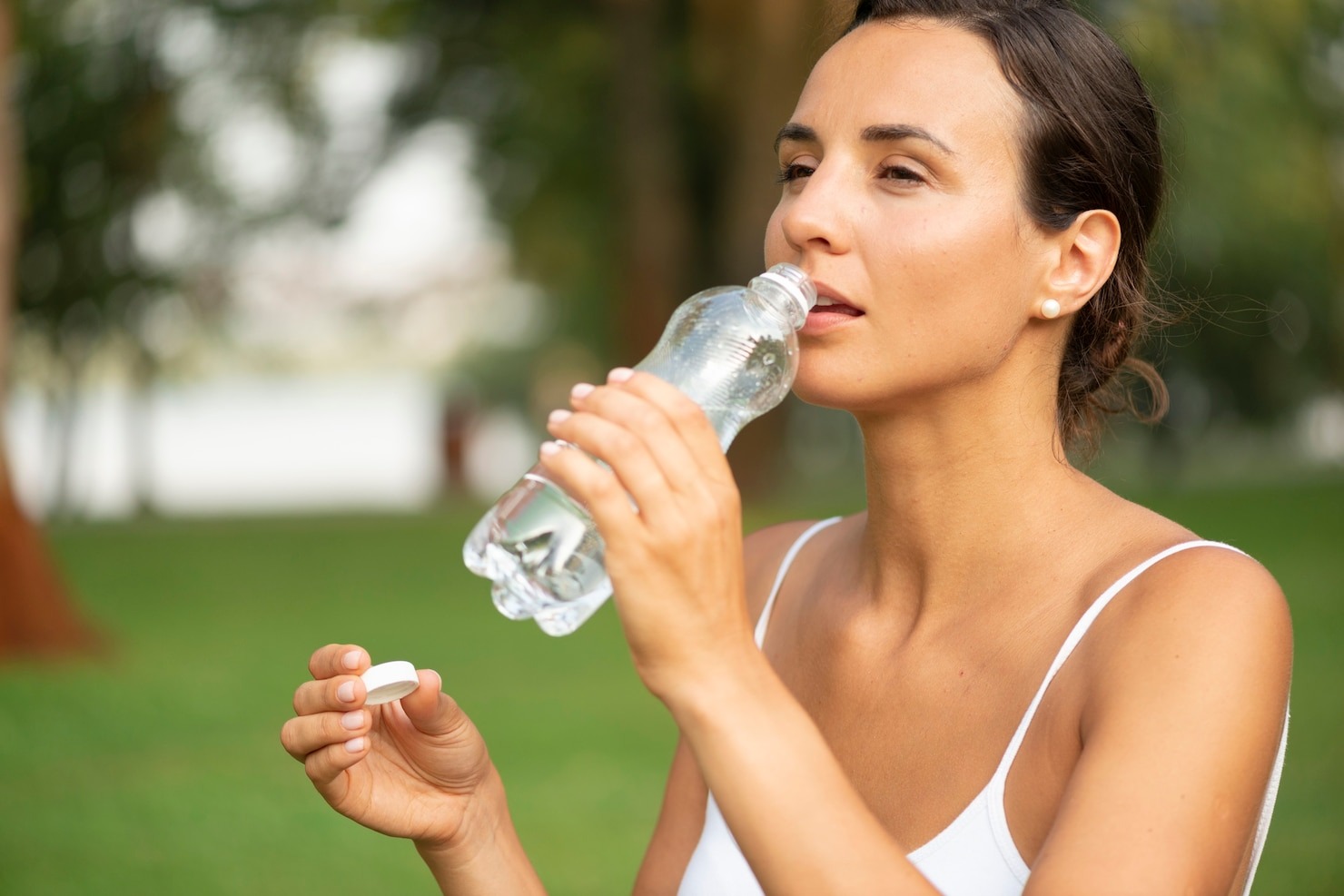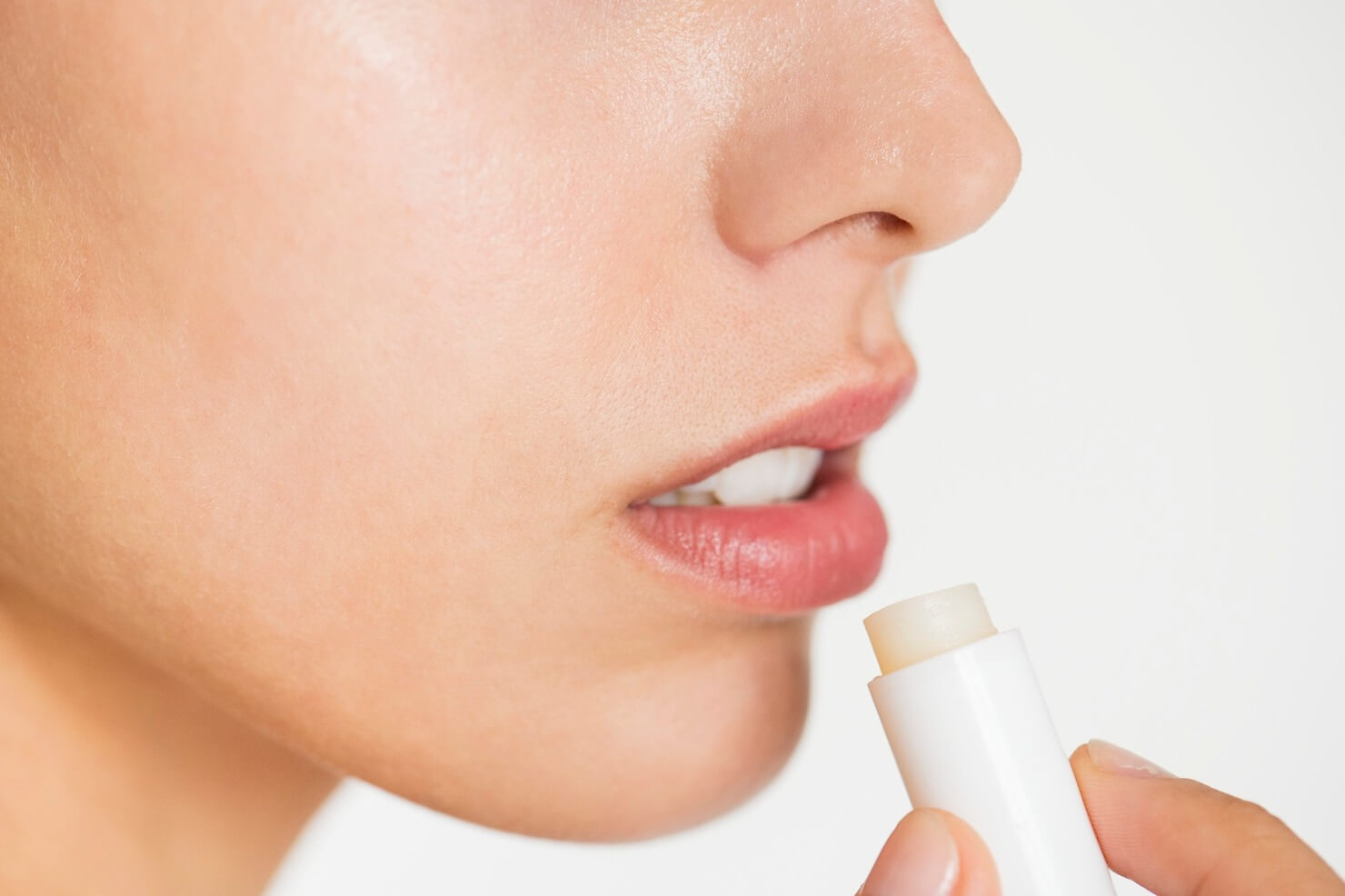Winter weather can take a toll on your skin, leaving it feeling dry, tight, and irritated. Cold temperatures, low humidity, and indoor heating strip the skin of its natural oils, leading to dehydration and sensitivity. For many, this can result in flaky patches, redness, and a lackluster complexion. But with the right winter skincare routine, you can keep your skin hydrated, healthy, and glowing all season long.
This guide will walk you through effective tips to combat dry skin during the winter months and help you maintain a radiant complexion despite the harsh weather conditions.
Why Does Winter Dry Out Your Skin?
During the winter months, the air becomes colder and drier, causing the skin’s moisture to evaporate more quickly. The skin’s natural barrier, made up of oils and fats, is crucial for keeping moisture in, but cold air, wind, and indoor heating can compromise this barrier. This results in moisture loss, which leads to dry, rough, and sometimes irritated skin. Additionally, the lack of humidity in the air further dehydrates the skin, making it essential to adopt a winter-specific skincare routine.
1. Choose a Hydrating Cleanser

A key step in combating winter dryness is choosing a gentle, hydrating cleanser. Many traditional cleansers strip the skin of its natural oils, which can worsen dryness.
- Opt for Cream or Oil-Based Cleansers: Cream and oil-based cleansers help maintain your skin’s moisture barrier while effectively removing dirt and makeup. Look for products that contain hydrating ingredients such as glycerin, ceramides, and hyaluronic acid.
- Avoid Harsh Soaps: Harsh or foaming cleansers can leave your skin feeling tight and dry. Instead, switch to a mild, moisturizing cleanser that will cleanse your skin without stripping its natural oils.
2. Moisturize Immediately After Cleansing
Locking in moisture is essential for maintaining hydrated skin during winter. After cleansing your face, apply a rich moisturizer while your skin is still slightly damp to help seal in moisture.
- Thicker Moisturizers for Winter: Use a thicker, more emollient moisturizer in the winter months to provide extra protection against the cold. Look for moisturizers containing occlusives like shea butter, squalane, or petrolatum, which help trap moisture in the skin.
- Hydrating Ingredients: In addition to occlusives, moisturizers should contain humectants like hyaluronic acid and glycerin, which attract water to the skin. Emollients like ceramides and fatty acids help repair the skin’s barrier and keep it soft.
3. Exfoliate Gently
Exfoliation is important for removing dead skin cells and promoting cell turnover, but in the winter, it’s essential to be gentle with your skin.
- Use Gentle Exfoliants: Opt for mild chemical exfoliants such as lactic acid or glycolic acid, which are less abrasive than physical scrubs. Exfoliate once or twice a week to keep your skin smooth without causing irritation.
- Avoid Over-Exfoliating: Over-exfoliation can lead to further dryness and sensitivity. If your skin feels tight or looks red after exfoliating, reduce the frequency of use.
4. Incorporate a Hydrating Serum

A hydrating serum packed with active ingredients can help give your skin an extra moisture boost during the winter months.
- Hyaluronic Acid Serums: Serums with hyaluronic acid are perfect for attracting moisture to the skin and providing deep hydration. Apply a hydrating serum before your moisturizer for an added layer of moisture.
- Antioxidants: Serums containing antioxidants like vitamin C or E help protect the skin from environmental stressors like cold weather and pollution, while also promoting a healthy glow.
5. Protect Your Skin from the Elements
Cold wind, snow, and indoor heating can all take a toll on your skin. Protecting your skin from these elements is crucial to maintaining hydration.
- Use a Barrier Cream: When heading outdoors in cold weather, apply a barrier cream with ingredients like petroleum jelly or beeswax to shield your skin from wind and cold.
- Cover Up: Wear scarves, hats, and gloves to protect exposed areas of skin from harsh winds. The less your skin is exposed to the elements, the less it will dry out.
6. Don’t Skip the Sunscreen

Just because it’s winter doesn’t mean you should skip sunscreen. UV rays can still penetrate through clouds and reflect off snow, making it just as important to protect your skin during the colder months.
- Broad-Spectrum SPF: Use a broad-spectrum sunscreen with an SPF of at least 30 to protect your skin from harmful UV rays, which can cause premature aging and increase the risk of skin cancer.
- Moisturizing Sunscreen: Opt for sunscreens with moisturizing properties to provide an extra layer of hydration while protecting your skin from the sun.
7. Stay Hydrated from the Inside Out

Skincare isn’t just about what you apply topically. Staying hydrated internally is just as important for maintaining healthy, glowing skin.
- Drink Plenty of Water: Make sure you’re drinking enough water throughout the day. Even though you may not feel as thirsty in the winter, your skin still needs hydration to stay plump and radiant.
- Eat Water-Rich Foods: Incorporate water-rich foods like cucumbers, oranges, and leafy greens into your diet to boost your hydration levels. These foods not only hydrate but also provide essential vitamins and minerals that promote healthy skin.
8. Use a Humidifier
Indoor heating systems often lower humidity levels, which can dry out your skin. Using a humidifier in your home can help add moisture back into the air and keep your skin hydrated.
- Place a Humidifier in Your Bedroom: Use a humidifier in your bedroom while you sleep to maintain moisture in the air. This will prevent your skin from drying out overnight and keep it soft and supple.
- Maintain Proper Humidity Levels: Aim to keep indoor humidity levels between 30% and 50%. This will help alleviate dry skin and improve overall comfort during the winter months.
9. Take Short, Lukewarm Showers
Hot showers may feel comforting in the winter, but they can strip your skin of its natural oils and worsen dryness.
- Limit Shower Time: Keep your showers short and use lukewarm water instead of hot water. Hot water can dehydrate your skin, while lukewarm water helps maintain your skin’s moisture barrier.
- Moisturize Immediately After: After showering, apply a thick moisturizer or body oil while your skin is still damp to lock in moisture.
10. Treat Your Lips and Hands

Lips and hands are often the first areas to show signs of winter dryness. They are more exposed to the elements and have thinner skin, making them prone to chapping and irritation.
- Lip Balm: Keep a hydrating lip balm on hand, preferably one with ingredients like beeswax, shea butter, and vitamin E. Reapply throughout the day to prevent chapped lips.
- Hand Cream: Use a rich hand cream after washing your hands to prevent dryness. Look for creams that contain moisturizing ingredients like glycerin, shea butter, or urea.
Conclusion
Winter can be harsh on your skin, but with the right care, you can protect your skin from the elements and keep it hydrated, glowing, and healthy. By adjusting your skincare routine to include more hydrating and nourishing products, using a humidifier, and staying consistent with moisturizing, you can combat dry skin and enjoy radiant skin all winter long.
Frequently Asked Questions (FAQs)
Q1: How often should I moisturize in the winter?
In the winter, it’s best to moisturize at least twice a day — once in the morning and once before bed. If your skin is extremely dry, consider moisturizing more frequently throughout the day.
Q2: Can I use the same skincare products in winter as I do in summer?
No, it’s recommended to switch to more hydrating and nourishing products during the winter. Your skin needs extra moisture and protection due to the cold, dry air and indoor heating, which are less of an issue during summer.
Q3: Why is my skin so dry even though I drink a lot of water?
While staying hydrated internally is important, it’s not always enough. External factors like cold air, wind, and indoor heating can strip your skin of moisture. Using a thicker moisturizer and adding a humidifier to your home can help combat these effects.
Q4: Can sunscreen dry out my skin in the winter?
Some sunscreens can be drying, especially those with a matte finish. Opt for a moisturizing sunscreen with hydrating ingredients like hyaluronic acid or glycerin to prevent dryness.
Q5: How can I keep my lips from getting chapped in the winter?
Apply a hydrating lip balm with ingredients like beeswax or shea butter throughout the day. Avoid licking your lips, as this can cause further dryness, and reapply after eating or drinking.




